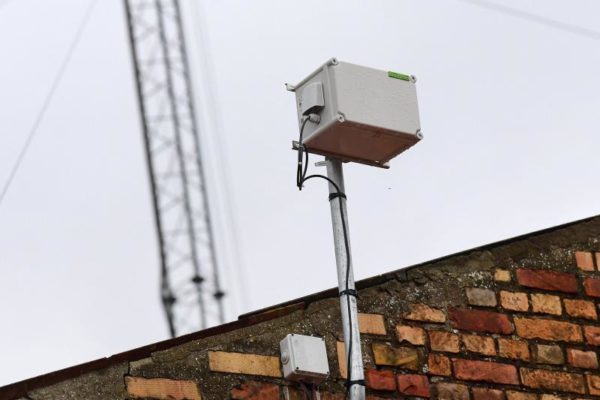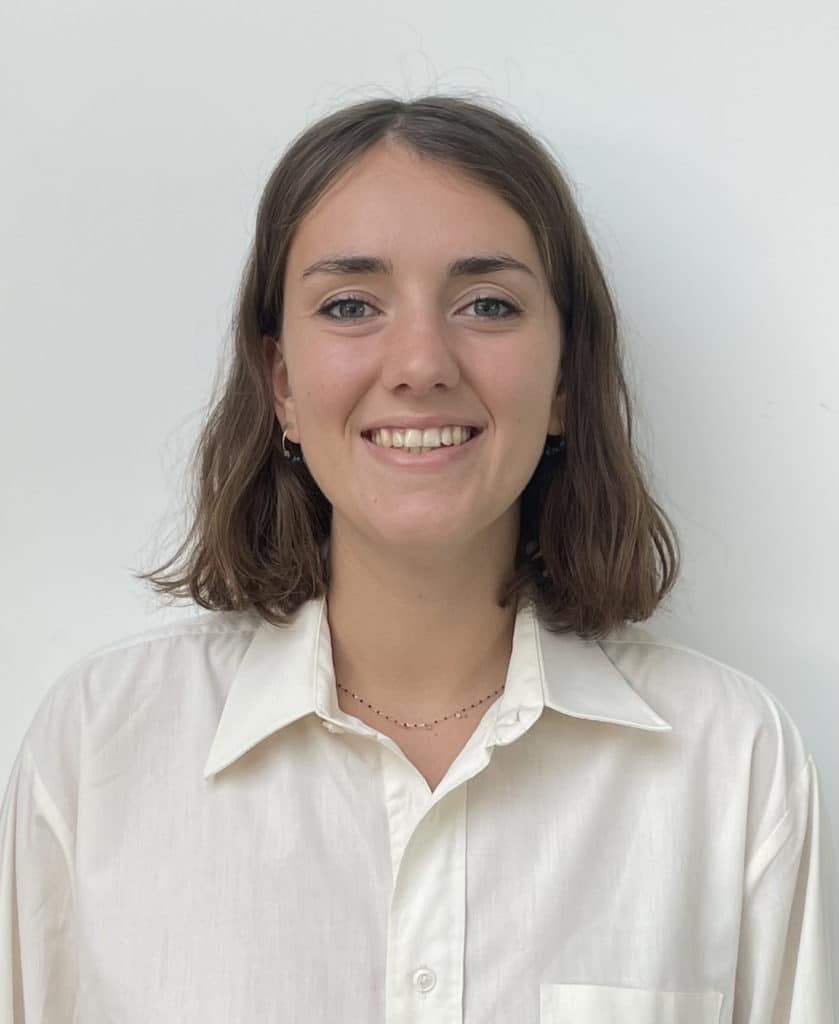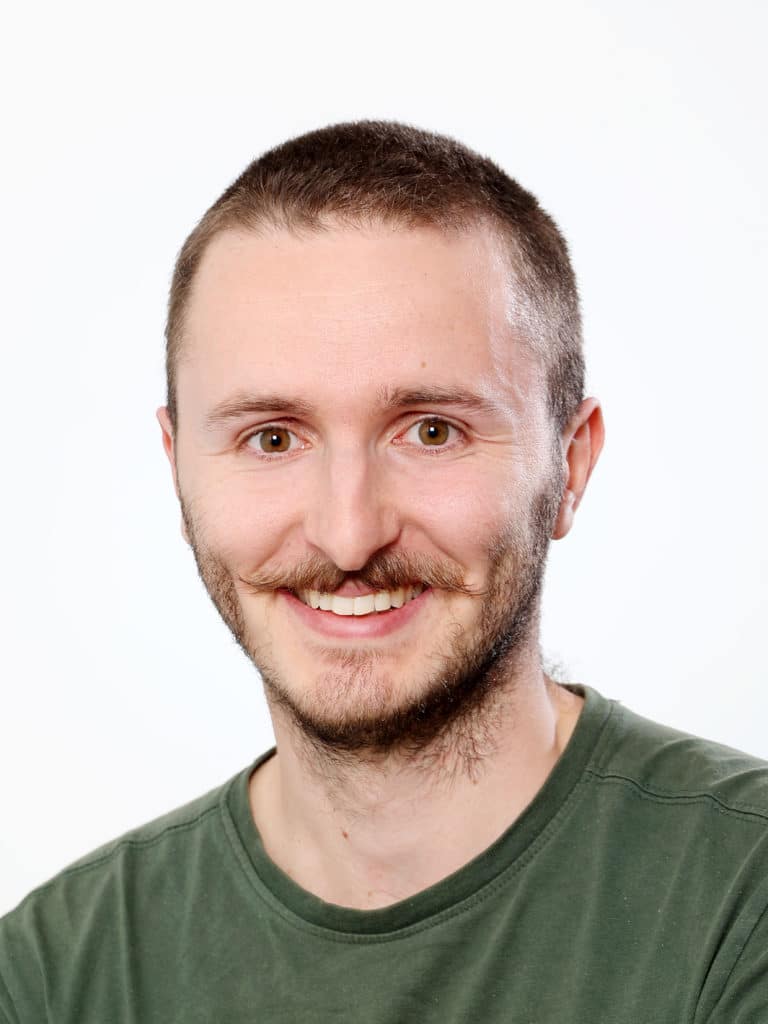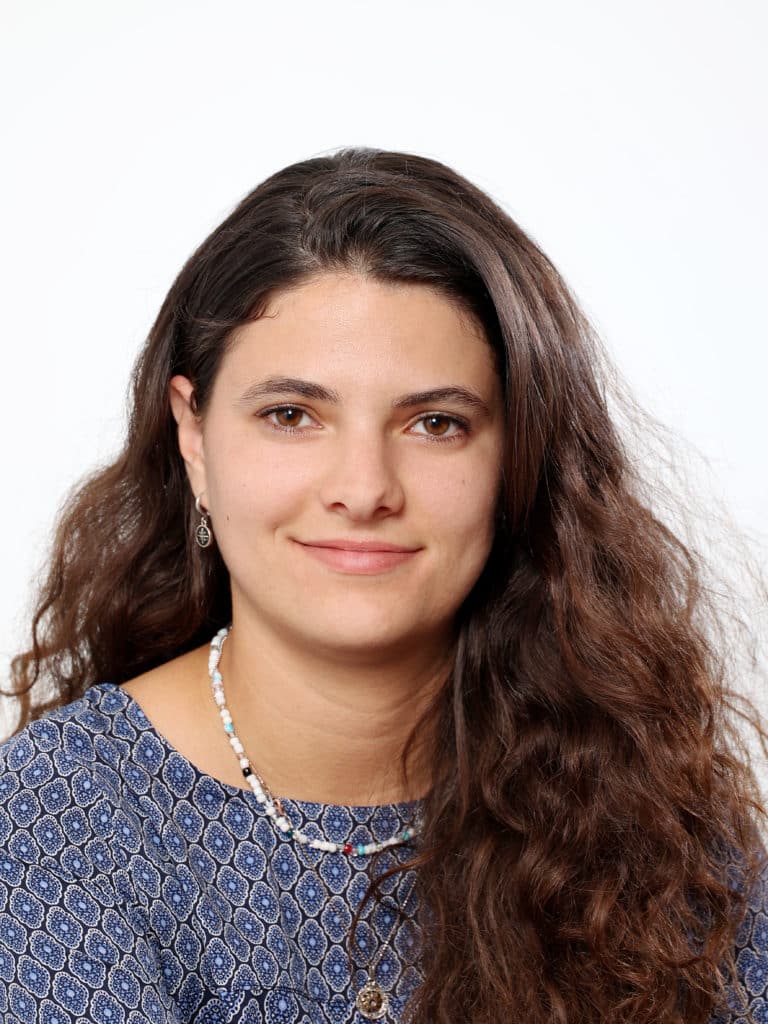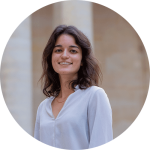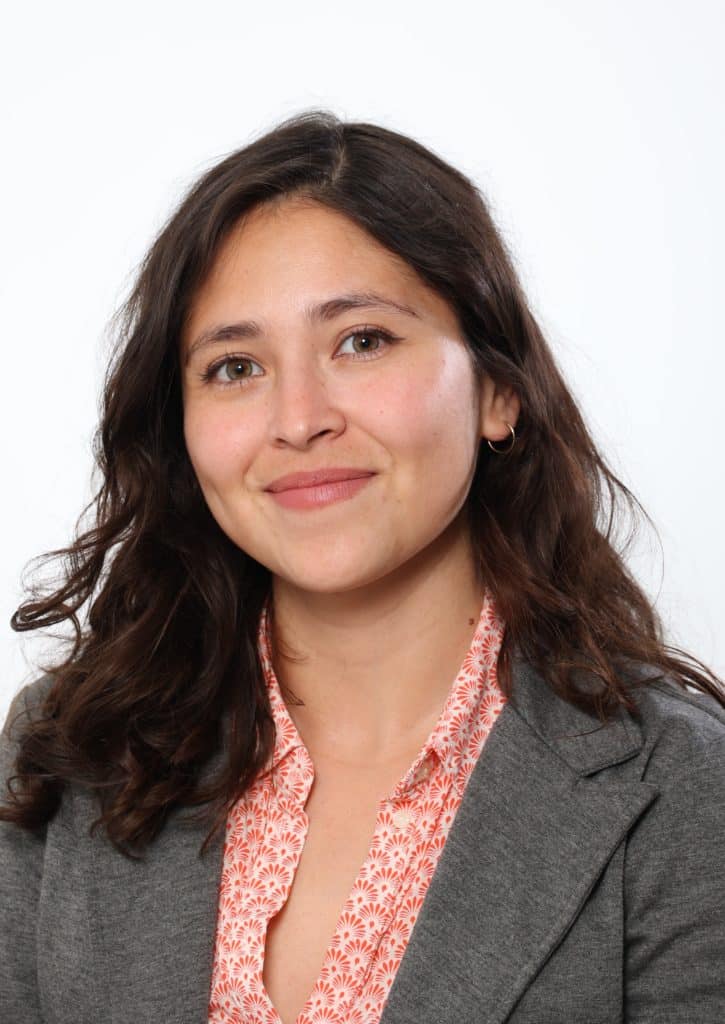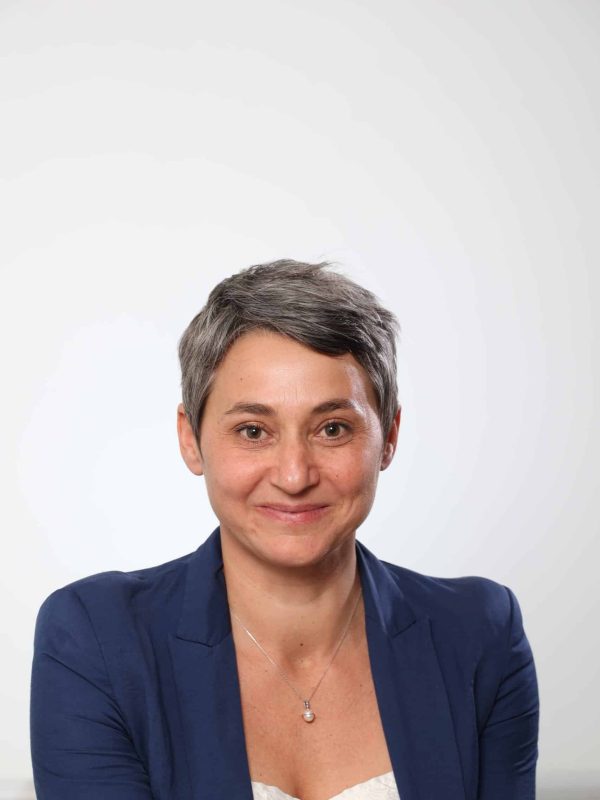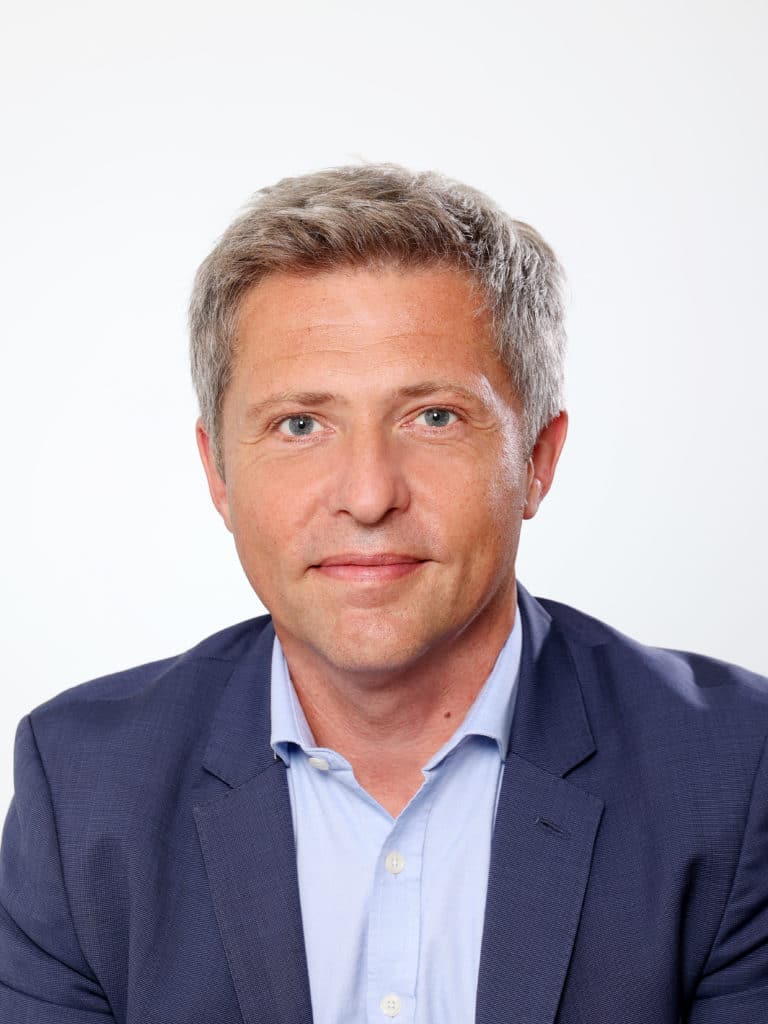Réseau des repair cafés du dunkerquois
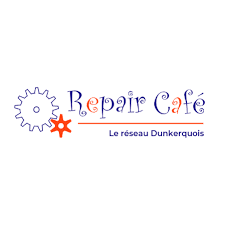
Contributeur
Descriptif
Le réseau des repair cafés de Dunkerquois est un collectif de bénévoles qui se réunissent dans 9 lieux de la communauté urbaine de Dunkerque (Une fois par mois pour chaque lieu). Ils accueillent des citoyens pour les aider à réparer gratuitement des objets du quotidien en panne. Petit électroménager, informatique, vélo, couture, hifi… Cette action permet de réduire la quantité de déchets par habitant et de lutter contre l’obsolescence programmée. Elle permet également de créer du lien social et d’apprendre la réparation aux usagers. En effet les bénéficiaires restent aux coté du bénévole pendant la réparation, l’aident et échangent avec lui.
- Économie sociale et solidaire
- Économie circulaire
- Consommation responsable
- Participation citoyenne
- Renforcement du lien social et de la solidarité
- Territoire
Fiche d'identité
- Communauté d'agglomération
Évaluation du projet*
sur la base du déclaratif du contributeur
Critère n°1 : SOBRIÉTÉ
Projet sobre, utilisant des lieux existants pour la réalisation d’un projet environnemental.
Le but de ce projet est de lutter contre la surconsommation en réparant.
Inhérent au projet.
C’est également inhérent au projet.
Critère n°2 : INCLUSION
Effectivement, l’ensemble des référents des repair cafés du Dunkerquois participent à des copil réguliers, en compagnie des bénévoles, pour discuter des pistes et des actions à mener.
Tous les milieux sociaux se côtoient au repair café.
Ce projet permet d’aider les personnes dans le besoin car il permet la réparation d’objets de façon totalement gratuite.
Les usagers sont ravis de l’action menée par les bénévoles des repair cafés. Le service est mis en valeur par la CUD, et est de plus en plus reconnu.
Critère n°3 : RÉSILIENCE
Critère n°4 : CRÉATIVITÉ
Ce projet permet de créer du lien entre les différentes structures porteuses d’un repair café. Une dynamique entre bénévoles est également créée et permet de dynamiser les associations.
Critère n°5 : POTENTIEL DE RÉPLICABILITÉ
Le projet est facilement réplicable à l’échelle d’une communauté de communes, d’une ville, en milieu rural également. Des guides pour la création d’un repair café existent sur le site du réseau régional des repair café : https://repaircafe-hdf.org/

